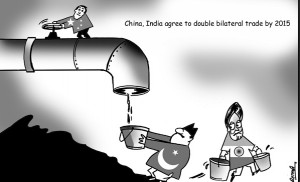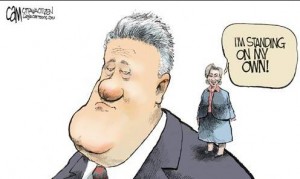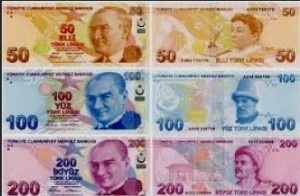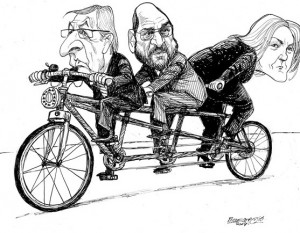A Chinese senior prosecutor has pledged efforts to chase fugitive corruption suspects as well as to “resolutely cut off the escape route of suspects.”
At a conference on an international manhunt of duty-related crime suspects on Saturday, Qiu Xueqiang, deputy procurator-general of the Supreme People’s Procuratorate (SPP), urged prosecutors to intensify their work to prevent relevant suspects from escaping.
Such efforts include proper risk evaluation of the targets’ fleeing and early warning against such situations, Qiu said. Prosecutors should enhance the information sharing with other authorities and formulate detailed plans to prevent suspects’ absconding. Qiu told the prosecutors to target on suspects both in China and abroad and they should take measures to chase the suspects at large and at the same time stop potential fugitives.
The SPP announced the launch of a half-year campaign targeting fugitive suspects of corruption and other duty-related crimes. On Saturday, Chinese police announced that it has seized 102 suspects in a separate campaign targeting corrupt officials and suspects in economic crimes that have fled abroad.
In a latest move, Chinese police escorted four suspects captured in Thailand to Beijing. One of the four was suspected of loan fraud and has been at large for 10 years. The other three were suspected of contract frauds with one case involved money up to 67 million yuan (10.9 million U.S. dollars), the Ministry of Public Security (MPS) said in a statement.
It was also the fourth time Chinese police conducted arrests in Thailand amid the police’s recent manhunt campaign and to date a total of 16 suspects of major economic crimes in the country have been seized and brought back to China.
China launched the Fox Hunt 2014 operation in July to “block the last route of retreat” for corrupt officials and other economic criminals at a time when China’s major crackdown on graft has already narrowed the space for abuse of power.
Meng Qingfeng, director of the economic crime investigation bureau of the MPS said the international pursuit is an important step of China to crack down on graft and to promote the rule of law. Meng said Chinese police will continue the efforts to deepen international cooperation of law enforcement and diligently practice its duty to fight crimes and protect the people.












